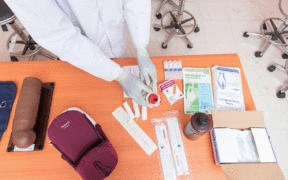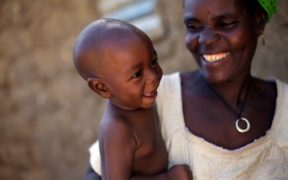Category:
Burkina Faso
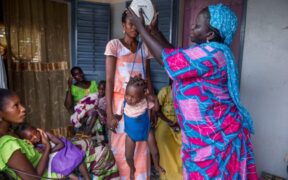
On August 17, Knowledge SUCCESS and the FP2030 NWCA Hub hosted a webinar on postpartum and post-abortion family planning (PPFP/PAFP) indicators that promoted recommended indicators and highlighted successful implementation stories from experts in Rwanda, Nigeria and Burkina Faso.

e 17 août, Knowledge SUCCESS et le FP2030 NWCA Hub ont organisé un webinaire sur les indicateurs de planification familiale post-partum et post-avortement (PPFP/PAFP) qui a promu les indicateurs recommandés et mis en lumière des exemples de mise en œuvre réussie par des experts au Rwanda, au Nigéria et au Burkina Faso.
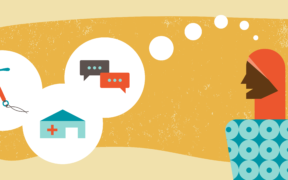
Working side-by-side with committed governments, implementers, and funders, Living Goods aims to save lives at scale by supporting digitally-empowered community health workers (CHWs). With its support, these local women and men are transformed into frontline health workers who can deliver on-demand, life-saving care to families in need. They go door-to-door treating sick children, supporting pregnant mothers, counseling women on modern family planning choices, educating families on better health, and delivering high-impact medicines and health commodities.
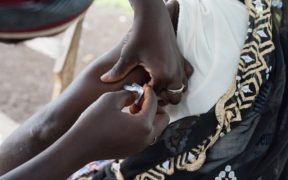
Recap of a webinar on high-impact approaches to support the introduction and scale-up of the self-injectable contraceptive DMPA-SC in Francophone family planning programs in Burkina Faso, Guinea, Mali, and Togo.

Recapulatif du webinaire sur les approches à haut impact pour l’introduction et le passage à l’échelle de l'utilisation de la contraception auto-injectable.



